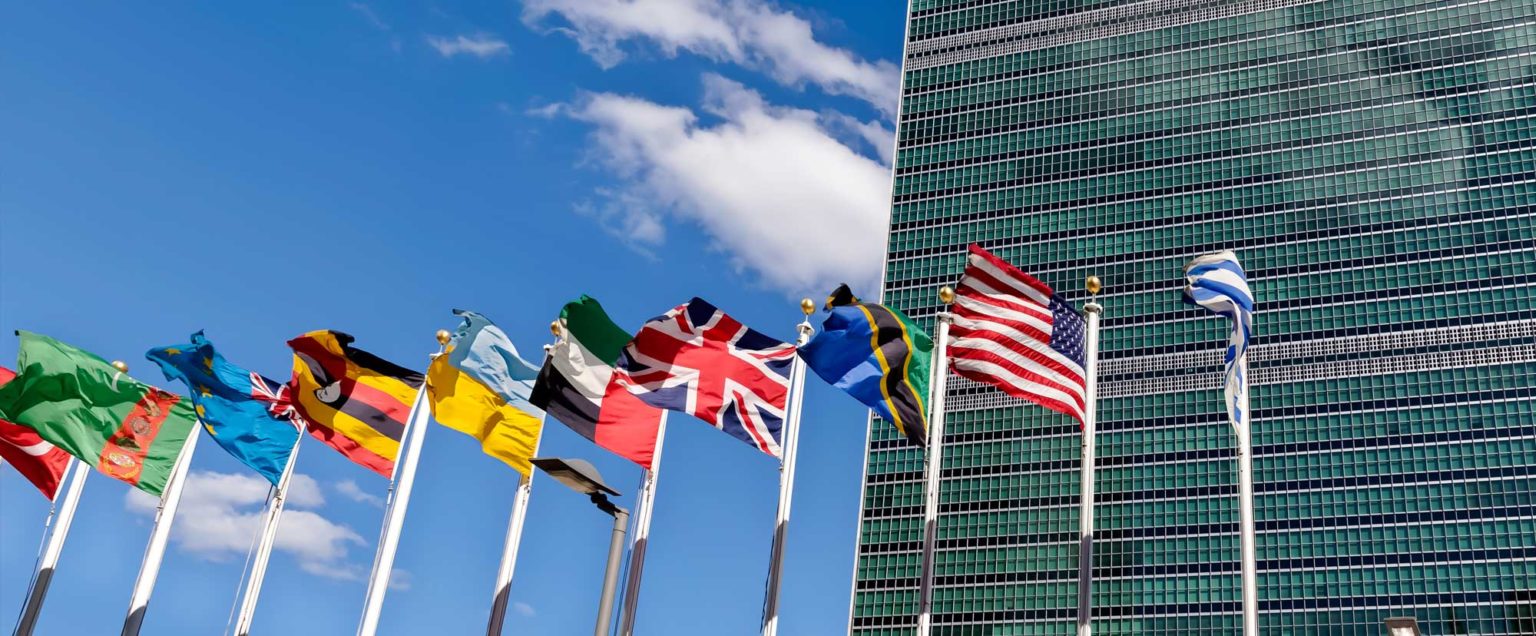
The United Nations fears its sustainable development goals are threatened by financial crime; a global response is required, the organisation argues
The United Nations has become one of the most powerful voices in the battle against financial crimes such as corruption, tax evasion and money laundering. Increasingly, the UN believes the scale of such crime is putting at risk its work to deliver sustainable development throughout the world. Its solution is a much more globalised system of regulation, with agreed standards and legislation, and a common approach to tackling them.
To see what is at stake, in the UN’s view, look no further than the latest report from its Financial Accountability, Transparency and Integrity for Achieving the 2030 Agenda (FACTI) panel, launched a year ago last month. In February, it warned a lack of resources was stymying the UN’s efforts to achieve its sustainable development goals, the much-admired plan for global transformation that the organisation is committed to delivering by 2030. One crucial driver of that resourcing shortfall has been criminal activity, the report warned. “Illicit financial flows – from tax abuse, cross-border corruption and transnational financial crime – drain resources from sustainable development.”
A global solution
Stepping up efforts to staunch those flows must now be a priority, the UN argues. It wants a top-down approach. “The world needs to envision a system of financial integrity for sustainable development,” the FACTI report argues. “This vision would require concrete actions to ensure that all economic and financial activities conform to rules and standards that are compatible with and contribute to sustainable development.”
We have heard such calls before, of course, only to see a piecemeal response. And the fragmented nature of international law enforcement and regulation, with individual countries and regions guarding their sovereignty preciously, does not easily translate into a single, global assault on illicit financial flows.
Still, there are good reasons to think this time might be different. Not least, the Covid-19 crisis has left most of the world, rather than just individual countries, struggling to shore up public finances. No nation can now afford the enormous leakage of revenues that illicit financial flows represent.
Another argument is that the UN’s sustainable development goals now matter to a much larger cast of actors. The remarkable growth of environmental, social and governance (ESG) investment over the past year has aligned the agendas of stakeholders including investors, corporates, employees, suppliers and public authorities; the UN’s goals, now in jeopardy, sit at the core of these agendas.
A third reason to think a more global collaboration on tackling financial crime is possible is that the current approach is not achieving the desired results. The scale of such crimes continues to increase despite soaring penalties on financial institutions found by their national and regional regulators to have done too little to prevent wrongdoing. In 2020, global banks paid $10.4bn in fines for money-laundering violations alone, up more than 80% on 2019.
What might a more globalised and standardised system look like? Well, the FACTI report has some suggestions. It is pushing for all countries to put legislation in place that provides for the widest range of legal tools to pursue cross-border financial crime. It says the international community should develop a common international standard for settlement of cross-border corruption cases. And it thinks there should be global standards for professionals in a position to facilitate – or prevent – crimes such as money laundering, including lawyers, accountants, bankers and real estate agents.
In some of these areas, work is already underway. For example, the FACTI report pushes for every country to develop its own central registry of beneficial ownership information, as is now happening in many parts of the globe. It sees a role for much greater information sharing between authorities around the world; a whole range of such initiatives are making good ground, including alliances between public and private sector actors and agencies.
Still, there is plenty of room to do more. The big picture is that illicit financial flows have become a systemic problem for which the existing system of regulation and enforcement is ill-designed to cope. Wholesale restructuring, rather than tinkering at the edges, will be required.
More demands on financial services businesses
One thing is certain, however. Policymakers and regulators will look to corporations, particularly in the financial services sector, as key partners in a fightback against criminality. And their demands will take different forms.
First, every financial services business should brace itself for more exacting regulation and compliance, particularly in areas such as money laundering. Such businesses will be expected to commit additional resources to the battle against corruption – and will face ever-increasing penalties for failures.
But the FACTI report also sees a broader role for such organizations, which resonates strongly with the rise of the ESG movement. Banks, investment managers and others will have a role to play in holding other businesses to account on anti-corruption and regulatory compliance; such businesses may, in future, find themselves regarded in the same light as heavy polluters or users of child labour.
To play this broader role, financial services businesses themselves are going to require more sophisticated tools. Manual processes will look even more out of place in the future – and become utterly unaffordable given the scale of the challenge. Instead, technologies such as automation, machine learning and artificial intelligence will provide a means to deliver the robust systems now required. And in moving to such tools, the financial services industry will play its part in keeping the UN’s sustainable development goals on track.

